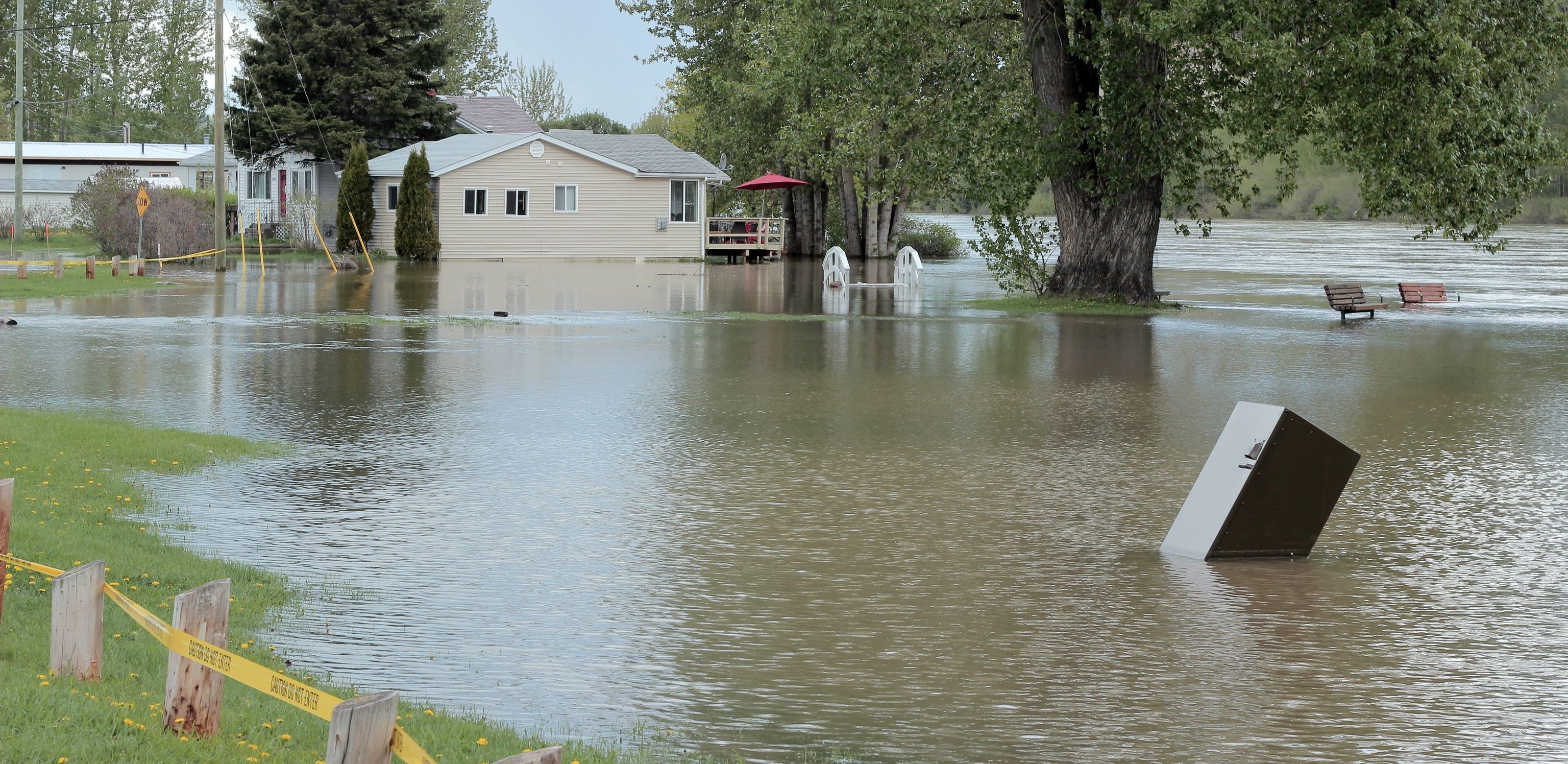Over the past year, researchers from the University of British Columbia (UBC) and the University of Waterloo (UW) worked with the Federation of Canadian Municipalities (FCM) to study municipal adaptation planning across Canada.
“Canada’s economic well-being depends on adapting vital infrastructure to this new reality,” said Kevin Hanna, director of the Centre for Environmental Assessment Research at UBC’s Okanagan campus, and one of the project’s leads.
“These effects are driving important planning discussions and decisions about how to adapt to a changing climate,” Hanna said. “More than half of local governments surveyed have initiated formal adaptation planning discussions in their community within the last four years.”
The 2018 Climate Change Adaptation Survey of Canadian Municipalities ran from January to April 2018, and was open to all local governments in Canada. Key findings from the survey include:
- Municipal engineering and public works, planning, and traditional departments such as emergency management and public safety play an increasingly important role in adaptation planning.
- Results show that adaptation planning is more often undertaken on an as-needed basis, such as for infrastructure projects or risk assessments, than as part of a broader plan or strategy.
- Very few local governments have one or more full-time staff dedicated to adaptation planning or related initiatives.
- Local governments are increasingly using climate change and other data to make adaptation-related decisions.
- FCM, provincial and territorial governments, and the federal government are seen as the main sources for municipal adaptation planning and implementation funding, and for information and training resources that support adaptation.
The survey indicates that local governments see the connections between adaptation planning, emergency management, and disaster response but they struggle to take action because of a lack of human and financial resources.
“The shortage of dedicated human resources for adaptation planning is not a new issue and may, in large part, explain the degree to which planning takes place within local governments,” said Troy McMillan, research associate with the Centre for Environmental Assessment Research at UBC Okanagan.
“Further study is needed to examine how formal planning processes are conducted or approached at the local level and how expertise across disciplines is considered. Sustainability, urban resilience, and disaster risk reduction, in particular, are complementary lenses that should be examined more fully,” McMillan added. “The report will help inform other projects studying local adaptation planning in Canada, and play a significant role in identifying areas for future capacity-building work and knowledge sharing.”
The full 2019 Local Adaptation in Canada Report is available online.









